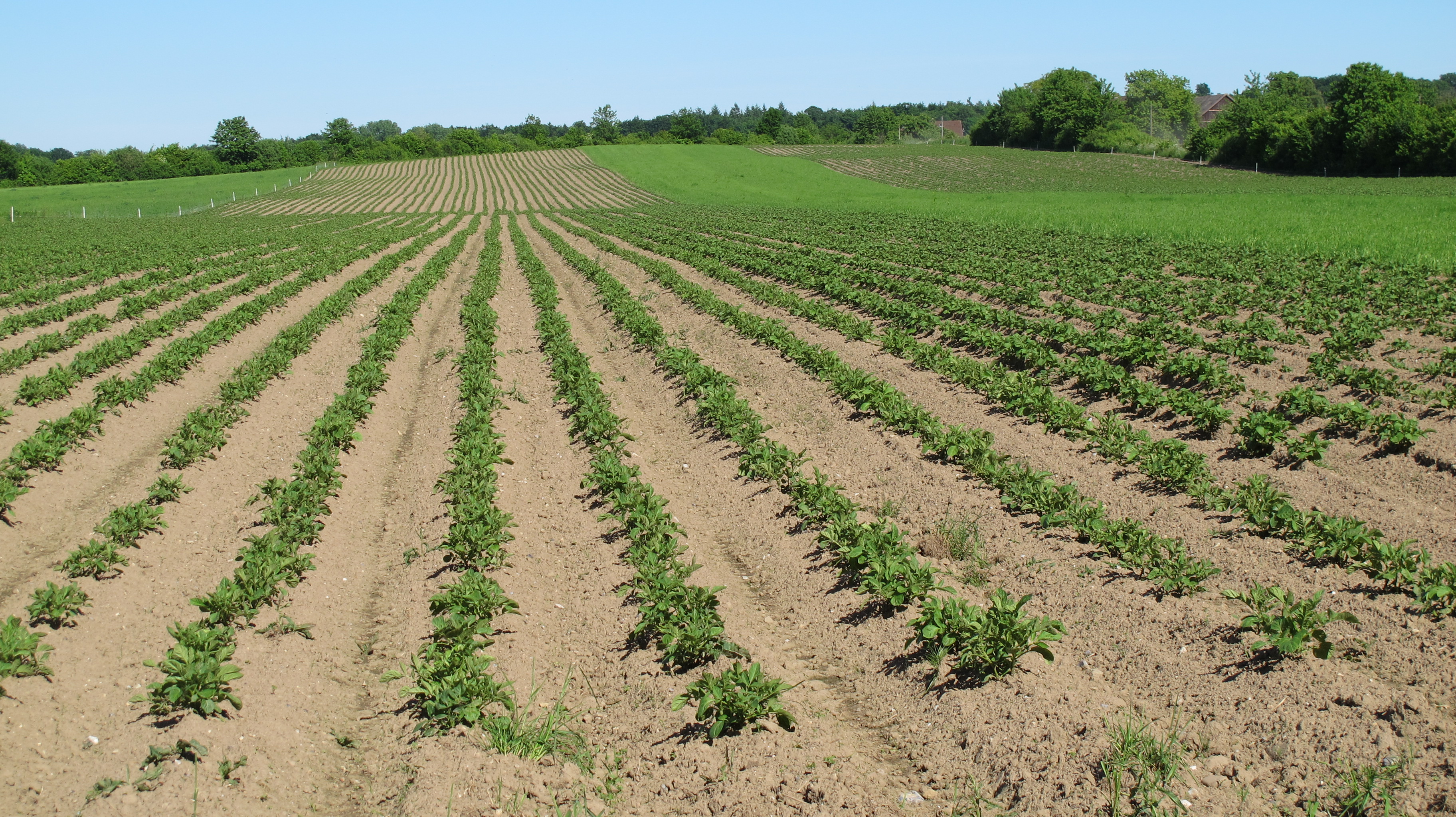Once upon a time, the dream of a small farm was closely associated with a simpler way of life, steeped in nostalgia and bucolic charm. Today, however, this pursuit has come to symbolize more than just idyllic acres of green pastures. The world is awakening to the vital role that small-scale, sustainable farming can play in addressing global challenges such as food security, climate change, and socio-economic equality. But as we delve into the intricacies of the economics behind starting a small farm, we soon realize that this enterprising journey is far from a whimsical affair. It requires meticulous planning, unwavering dedication, and a deep understanding of the complex systems that govern our agricultural landscapes. Join us as we traverse the verdant landscapes of small farm economics, exploring the costs, challenges, and potential rewards that await those brave enough to forge ahead into the unknown. So, put on your farming boots and prepare to sow the seeds of enlightenment in this extraordinary tale of rural entrepreneurship!

1. Cultivating Success: Navigating the Financial Landscape of Small-Scale Farming

Creative Strategies for Thriving in the Financial Challenges of Small-Scale Farming
Embracing the financial landscape of small-scale farming can be an exhilarating yet daunting journey. To cultivate success, consider these unique approaches:
- Collaborate with local chefs and restaurants to create value-added products from your harvest.
- Implement innovative marketing techniques, such as hosting farm-to-table events or crafting farm-themed experiences for visitors.
- Maximize efficiency by integrating sustainable practices like composting, rainwater harvesting, and diversified crop rotation.
- Connect with agricultural-focused organizations to explore grants, loans, and incentivized programs.
Remember, navigating the financial landscape is an ever-evolving process. Stay informed, adapt, and thrive amidst the challenges – your small-scale farm’s prosperity awaits!
2. Sowing the Seeds of Profitability: Key Strategies for Sustainable and Economically Viable Small Farms

Creating a sustainable and economically viable small farm requires careful planning and implementation of key strategies. Here are some essential tips to help small farmers sow the seeds of profitability:
- Diversify crops: Growing a variety of crops can help mitigate risks associated with market fluctuations and climate change.
- Implement efficient irrigation: Adopting water-efficient irrigation systems can reduce water usage and ensure optimal crop growth.
- Practice organic farming: Embracing organic farming methods not only promotes environmental sustainability but also attracts consumers willing to pay a premium for organic products.
- Create value-added products: Transforming farm produce into value-added products, such as jams or preserves, can increase profitability and open new market opportunities.
- Embrace technology: Utilize innovative technologies like precision farming, drones, and data analysis to optimize farm operations and maximize yields.
By implementing these strategies, small farmers can lay the foundation for a sustainable and economically viable farm, ensuring long-term success in an ever-changing agricultural landscape.
Insights and Conclusions about The Economics of Starting a Small Farm.
In conclusion, delving into the world of small-scale farming presents a captivating blend of challenges and opportunities. The economics of starting a small farm require careful consideration, as an aspiring farmer must navigate through various financial aspects such as land acquisition, equipment purchases, and operational costs.
However, amidst the complexities, there are also countless rewards to be reaped. The burgeoning demand for locally-sourced, sustainable produce has created a niche market for small farmers to thrive in. With patience, determination, and a keen understanding of the market, small-scale farmers have the potential to generate a sustainable income for themselves and contribute to their local communities.
Starting a small farm is not just a pursuit of commerce, but a connection to the richness of nature and a sustainable way of life. It is a chance to nurture the earth, savor the fruits of one’s labor, and forge meaningful relationships with consumers seeking a deeper connection to their food.
So, if you are considering embarking on this exhilarating journey, be sure to thoroughly research and plan your venture. Seek guidance from experienced farmers, attend workshops, and tap into the wealth of resources available to aid you along the way. Remember, the economics of starting a small farm require discipline, adaptability, and a passion for the land.
With these elements in place and a readiness to face the challenges head-on, you can confidently venture forth into the realm of small-scale farming. Your sweat, dedication, and resilience will not only yield literal fruits but also foster a profound sense of purpose and accomplishment.
Now, as we bid farewell, we encourage you to pursue your dreams of starting a small farm with unwavering determination. The future of sustainable agriculture lies in the hands of passionate individuals like you, and by nurturing the land, you will, in turn, be nurtured. So go forth, till the soil, and watch as your dreams take root and flourish.
